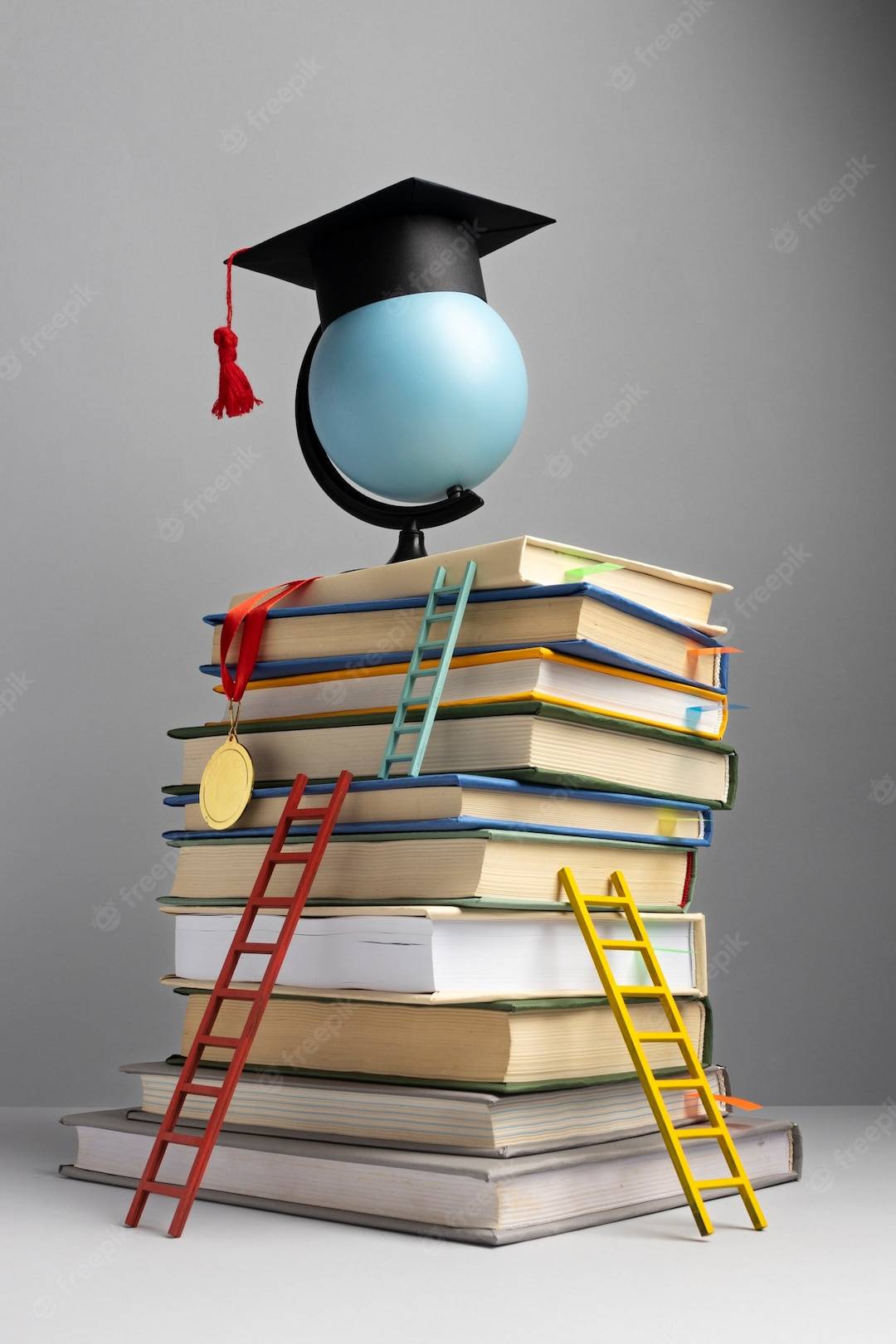What Scientific knowledge should an educated person have?
The answer depends on one's definition of education, end there is no single definition. In the widest sense even the most primitive societies begin to prepare children for living from birth as a necessity for survival So do animals and birds. Formal education is based on literacy, in both East and West, that of China dating back to 165 B.C. when civil service examinations were instituted. Today one school of thought would define education as the means of living a civilized life, which in turn depends on the acquisition of culture. Culture implies a knowledge of the graceful and artistic things of life, and in Europe at any rate depends on no more than a knowledge of Greek and Latin, modern European languages being merely an optional extra. Many well-known schools in the West still lay a powerful emphasis on the classical languages as the best means of teaching the young to think properly.
The problem with the first paragraph is that society does not consist of wealthy dilettantes. Some knowledge of science is essential to us all because the march of scientific discovery largely dictates modern living both personal and social. There are, of course, still pockets of privilege everywhere in which the rich can take advantage of the knowledge, skill and hard work of others, but today most countries are essentially meritocracies. If the purpose of education is to succeed in life as well as to enjoy it, some knowledge of science, however superficial, is essential. Nowadays in the free world, the opportunity to gain specialized education in order to succeed is regarded as a basic human right.
'Ars pro arte' is no longer a valid concept. We live in a scientific world. We cannot be safe in a modern home without a basic understanding of electricity. Children must be shielded from dangerous drugs. We need to know basic arithmetic if we are to deal with money, banking, even family economics. We need to know a little chemistry and biology if we are to remain healthy and fit.
However the topic question implies much more than this, especially for the young person today. In a world which daily grows less remote and more interdependent due to satellite communications, jet travel and the ubiquitous computer, boys and girls should receive instruction in them all and be encouraged to specialize in one of these subjects, because job opportunities are increasingly dependent on subjects such as electronics and computer science. In Europe the emphasis has already shifted away from the heavy engineering and artisan industries. Coalminers, steel-workers and ship-builders are the dinosaurs of 1984. The growth industries of today depend completely on scientific specialization.
Early Chinese education included the martial arts, necessary accomplishments for those above peasant status. Modern martial arts certainly have not destroyed the need for personal bravery in the soldier but effective military action today depends more on the technology which a country can buy, and on the specialized knowledge required for the use of the modern weapons of sea, land and air. The basis of any increase in a country's gross national product is trade. Today the marketing of sophisticated goods abroad is a main growth industry. You cannot begin to work in this field without at least a reasonable knowledge of the goods you are promoting. Neither, if you are a politician can you even understand many of the issues dealt with in government without a degree of specialized knowledge in those fields.
Today the emphasis has shifted from pure to applied science. It might be argued that men like Archimedes, Isaac Newton and Einstein were among the most educated people who ever lived. The frontiers which they established are still being pushed back. Yet modern interest lies less in discovering new laws than in the development of the old ones; modern education, for the majority, implies specialization in an established field.
Will science finally eliminate the divisive elements in human nature by encouraging understanding and co-operation, for this is surely one of the aims of educations ? So far there are few signs that it will. The truth seems to be that science has its own momentum, and the most that can be said is that the educated person should at least know what is going on in the world.
A knowledge of science is necessary if humanity is to be in a position to resist some of its worse results. Among these may be included nuclear and chemical warfare, and some of the frightening developments in genetic engineering. Science is neutral. Everything depends on its use or misuse. It neither explains nor contradicts religion. It is man's servant, not its master.




No comments yet
Be the first to share your thoughts!